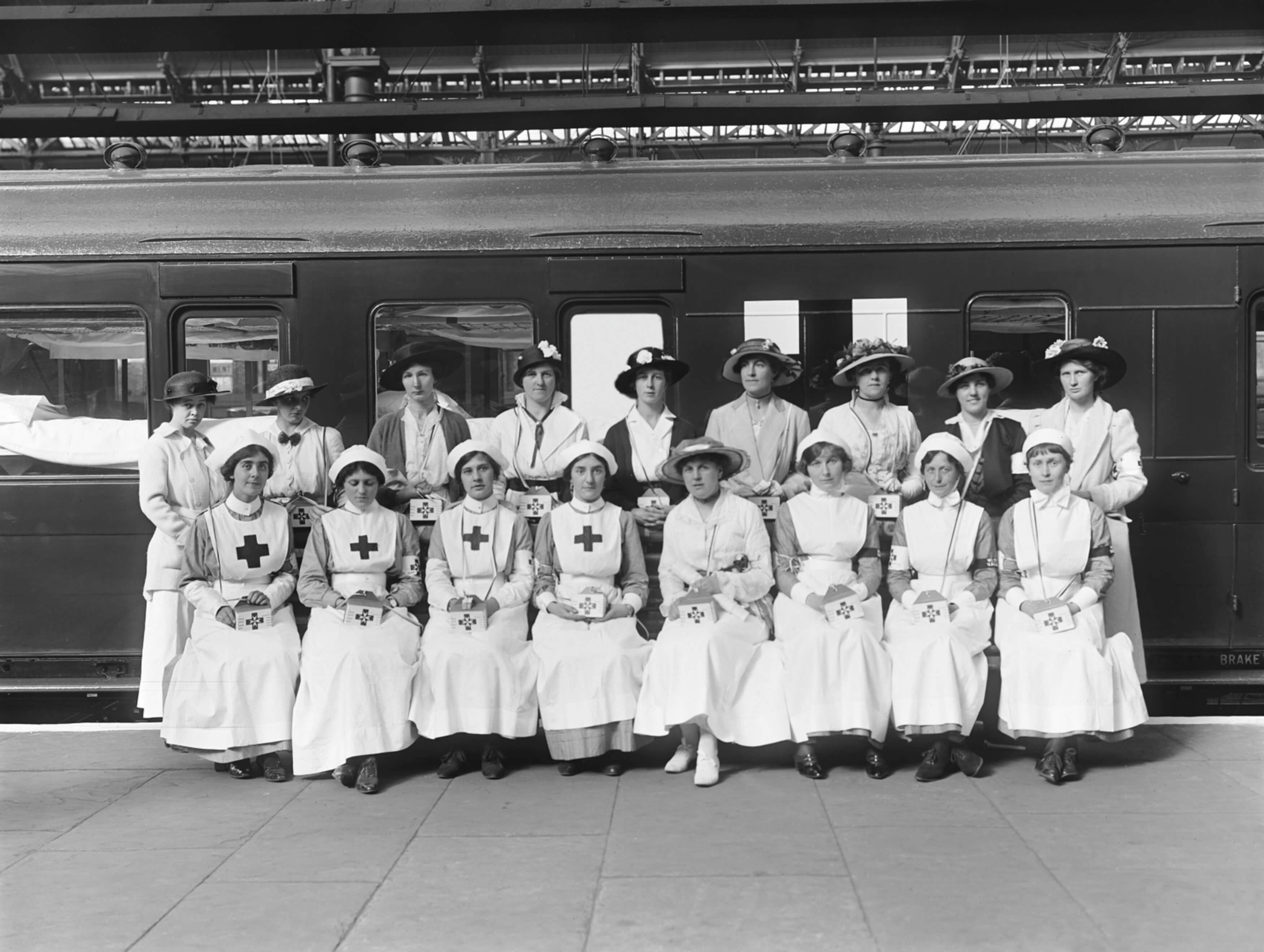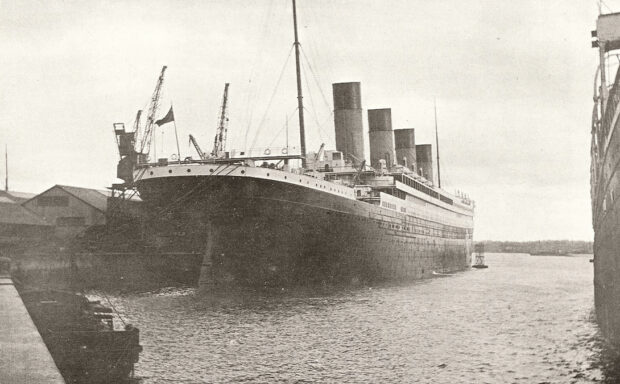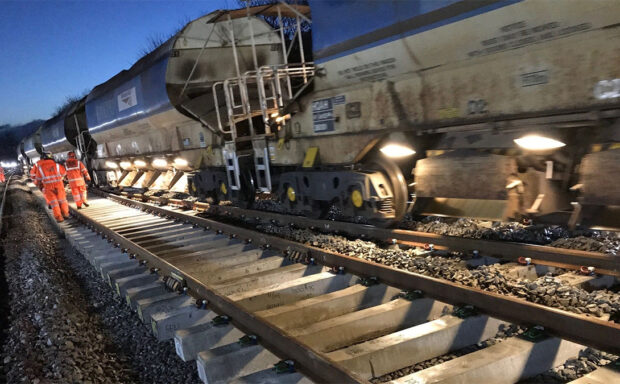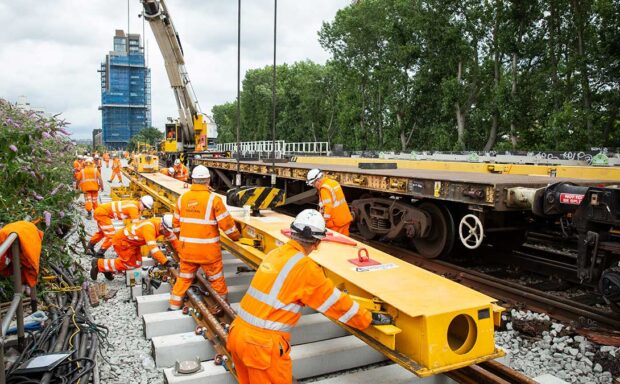In 1919, a special service commemorated the railway workers who had served and lost their lives during the First World War.
A hundred years later, the railway industry came together to mark the centenary, at a service at Southwark Cathedral in London.
Network Rail has collaborated with London Transport Museum and National Railway Museum to tell the story of the role of the railway during the conflict:
With special thanks to the Kirby family, London Transport Museum and National Railway Museum/Science & Society Picture Library for their valuable contributions and use of historic images.
People and the railway: the Railway Heritage Trust
Film: discover the Network Rail archive
The railway played a vital role during WWI.
The Railway Workers Centenary Memorial Service paid homage to the original special service, thought to have been organised at the request of King George V to recognise the contribution made by the railways during the conflict.
More than 20,000 railway workers from Britain lost their lives during WWI, after more than 100,000 enlisted when war broke out.
In recognition, on 14 May, 1919 – a little over six months after the Armistice – a service took place at St Paul’s Cathedral, London, for the railwaymen who had died.
We, Rail Delivery Group, Transport for London, Railway Industry Association, Irish Rail, RMT, ASLEF and TSSA were among the rail and transport organisations at the centenary service on 6 November 2019.
HRH The Duke of Gloucester, the grandson of King George V, attended the service to pay his respects to the fallen.
Among the other 597 guests were Sir Peter Hendy and Andrew Haines, Network Rail’s chair and chief executive respectively, as well as the families of many railway workers who lost their lives during the conflict.
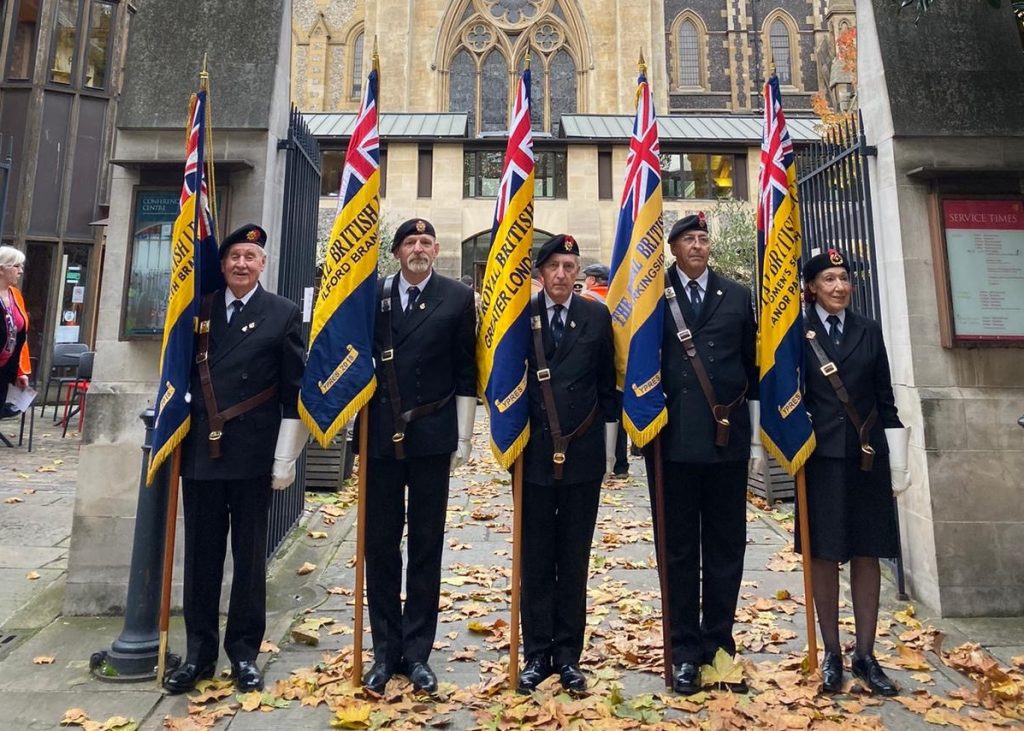
Outbreak of war
When Britain declared war on Germany in 1914, trains efficiently moved huge numbers of troops and equipment between the Home Front and France.
The first train carrying members of the original expeditionary force left Waterloo station on the morning of Sunday 10 August, arriving into Southampton station at 8.15am.
Over the next three weeks, a train full of troops would reach the docks every 12 minutes, 14 hours a day.
Trains also transported rations, water and coal across Britain and continental Europe in a way not previously possible during conflict.
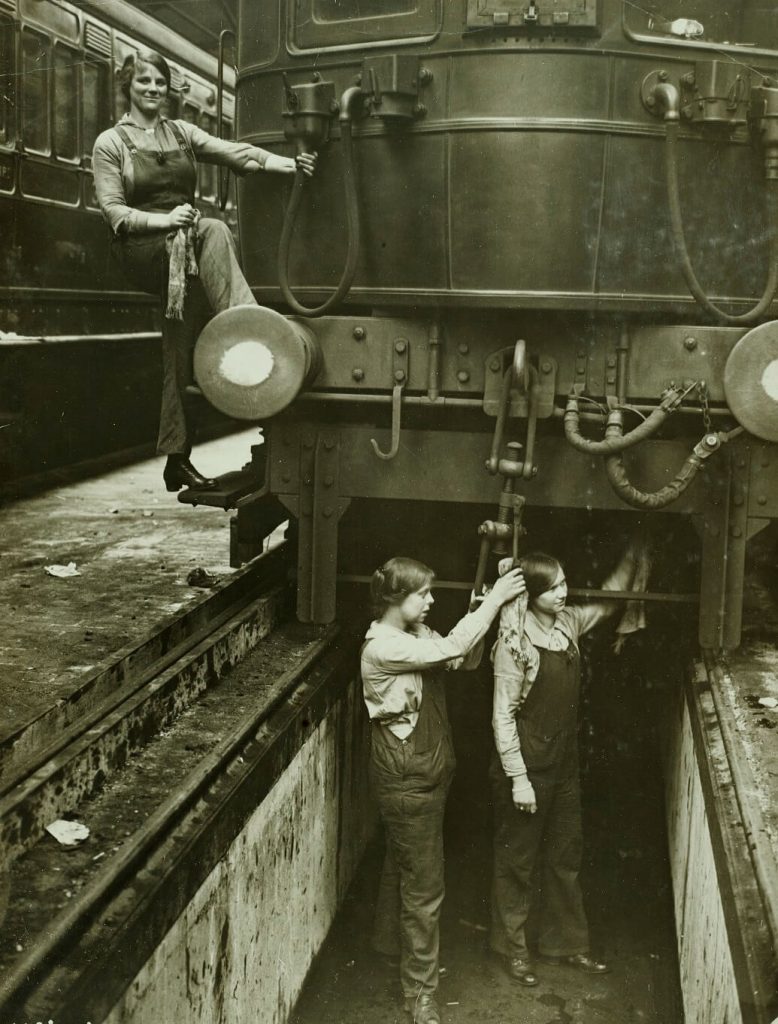
Women and the railway
About 13,000 women worked on the railway in 1914, mostly in domestic jobs such as cleaning, washing and waitressing. With 100,000 men enlisted, women stepped in to fill essential functions.
In fact, more than 1.6 million women took on traditionally male jobs, with more than 100,000 working in various forms of transport, particularly as engineers.
Many remained in their new positions at the end of the war. The number of women working on the railway has never fallen below pre-WWI levels.
Ambulance trains
Trains transformed into mobile hospitals – in Britain and abroad – treated injured personnel. During the war, these trains moved about six million wounded servicemen.
Ambulance trains, which became the primary mode of transport for the sick and injured, even had operating theatres and tiled floors, walls and ceilings for better hygiene. Surgeons would perform emergency operations mid-journey, despite the movement of the train.
Memorials
War memorials are a common sight across the railway, including at our biggest stations – most of the main railway companies paid for and installed memorials to the fallen after the war and the industry continues to maintain them today.
However, many of the memorials disappeared during railway station redevelopments decades ago, such as a bronze tribute at Manchester Piccadilly, which the Railway Heritage Trust replaced with a granite memorial in 2016. Visitors to the station can see it near platform nine.
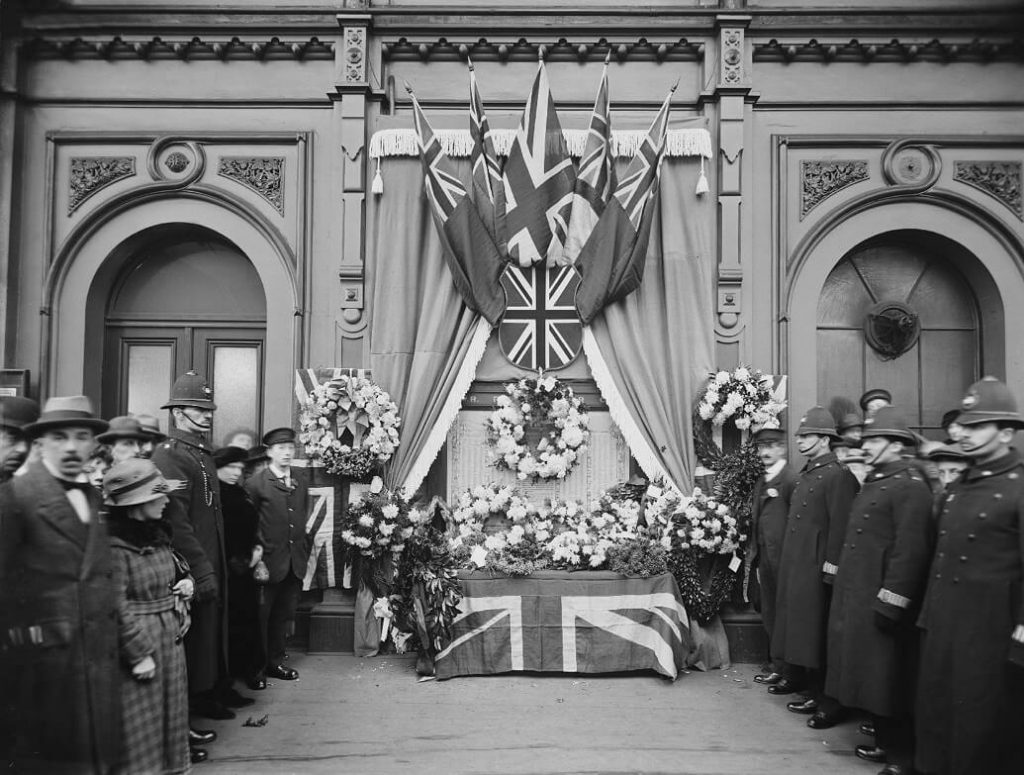
WWI memorials at London King’s Cross and Birmingham New Street railway stations.
Network Rail supports the Legion’s Poppy Appeal, which provides lifelong support for the armed forces community – serving men and women, veterans, and their families.
Read more:
Supporting the Poppy Appeal and armed forces
